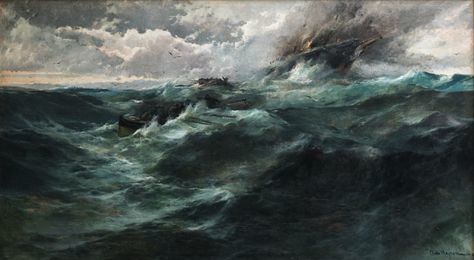What do you think?
Rate this book


192 pages, Hardcover
First published December 12, 1969

He said his name was Alf, but one couldn't be sure, as he called me Alf, and everyone else. 'Couple of Alfs just got jugged in this town last year,' he'd say. 'Hookin' the shops—you know, with fish-hooks.' Or: 'An Alf I knew used to do twenty-mile a day. One of the looniest Alfs on the road. Said he got round it quicker. And so he did. But folks got sick of his face.'

[...] the cool depths of the Cathedral, clean and bare, full of wide and curving spaces, and the huge stained-glass windows hanging like hazed chrysanthemums in the amber distances of its height. Also the small black pigs running in and out of shop doorways—often apparently the only customers; and the storks roosting gravely on the chimney-pots, gazing across the valley like bony Arabs.
For the first time I was learning how much easier it was to leave than stay behind and love.
Once again the village crowded on to the beach to watch. The evening was hazy and peacock-coloured; delicate hues ran slowly over the sea and sky and melted together like oil. The destroyers lay low on the horizon, slender as floating leaves, insubstantial as the air around them.
